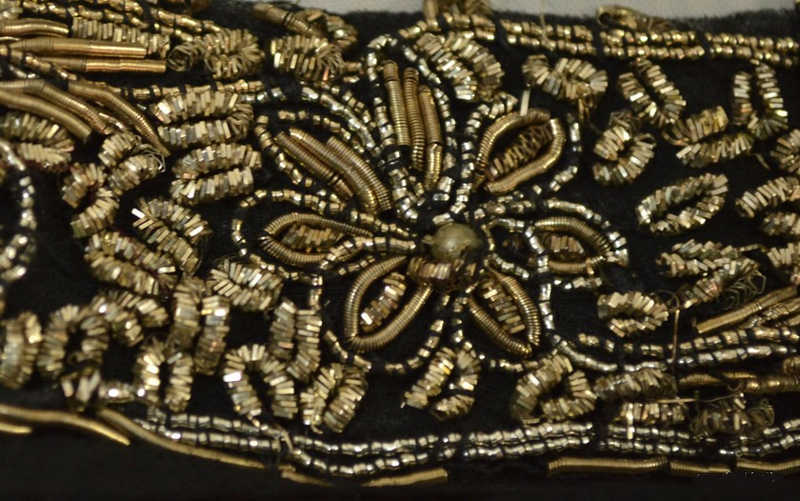===
0733,
2
===

=== |
 |
((aajiz : 'Lacking strength or power, or ability, powerless, impotent, unable (to do), unequal (to); weak, feeble, helpless; brought low, overcome; lowly, humble; exhausted; dejected; in despair, hopeless; baffled, frustrated'. (Platts p.756)
malnaa : 'To grind; to tread on, trample on; to tread out (corn); ...: — mal-;Daalnaa , v.t. intens. of malnaa '. (Platts p.1066)
FWP:
The first line offers a nice grammatical ambiguity. Since khonaa is a verb that can be either transitive (to lose, destroy) or intransitive (to be lost, to be destroyed) with no change in form, the khonaa could be taken either as 'the destroying of us weak ones as actively done by some agent' or as 'the destruction of us weak ones (with no agent implied)'. The multivalence is increased by the fact that there's not only no mention of lovers in the verse, as SRF has observed-- there's also no mention of the beloved, or of the hand of God, or of any other particular destructive agent. The weak ones seem to be alone in the world, even as they're being (metaphorically or similitudinously) trampled under foot.
And yet, they can't be entirely alone, because the verse offers one more level of deliberateness and cruelty. The image isn't just of someone going along, noticing some helpless ants who are going about their tiny business, and then wantonly trampling on them. For the verse particularly specifies that one would 'take' or 'take up' some ants and then trample them under foot. I imagine someone grabbing up or somehow capturing a handful of ants, lifting them up perhaps for scrutiny, then replacing them carefully on the ground in order to trample them. This extra turn of the screw might remind us of the way the beloved would first 'take up' her lovers by showing them some marks of favor and acceptance, before deliberately crushing their small helpless lives. That final mal ;Daalaa sounds so brutal and cruel, like the stamp of a jackboot.
I can't resist bringing in Ghalib's one 'ant' verse for comparison:
G{138,1}.
And indeed, can't the two 'ant' verses be juxtaposed, as SRF proposes for {731,4}, to illustrate some of the characteristic techniques of each of the poets?